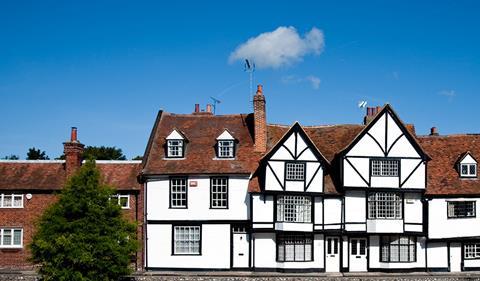Trainee GPs looking to hone their commissioning skills are being attracted to east Kent by the region’s clinical leadership programme, writes Hazel Carpenter

The clinical leadership programme was created to attract trainee GPs to east Kent
Kent, Surrey and Sussex Deanery had long recognised the challenge of attracting trainees to east Kent, but there was a growing enthusiasm among trainees for a course that helped them gain an appreciation for commissioning and how it influences modern general practice.
‘Medicine isn’t just about treating patients, it’s also about working with other clinicians and managers’
For trainee GPs embarking on their career in medicine, the world of clinical commissioning appeared obscure.
In 2009 the former NHS Eastern and Coastal Kent Primary Care Trust, in collaboration with the Kent, Surrey and Sussex Deanery, established a learning programme to attract GPs to east Kent and to form a “talent pipeline” of GP commissioners.
A great deal has happened over the past three years, and the four-month, two-days-a-week course has gone from strength to strength. GPs are now choosing east Kent as the place to hone their commissioning skills.
On rotation
The GP Clinical Leadership in Commissioning programme represents an “integrative GP training post”. It operates on a rotational structure, whereby trainees experience five clinical sessions within a GP practice and two days in a commissioning setting.
Trainees work closely with the four east Kent clinical commissioning groups: Ashford, Canterbury and Coastal, South Kent Coast and Thanet.
‘There is a strong case that this should become a standard part of training as a formalised rotation across the country’
Two programme directors are responsible for post-rotation assessment and discussion, and all trainees are expected to demonstrate what they have learned through presentations, both to supervisors and their peers.
Throughout the course trainees receive support and guidance from project supervisors and educational supervisors. The structure of the rotation, and its emphasis on drawing on and encouraging all of the trainee GPs’ skills, is designed to generate enthusiasm.
“As clinicians, we play an integral part in the commissioning process,” says trainee Lavanya Govindaraj. “Medicine isn’t just about treating patients, it’s also about working with other clinicians and managers, and public health.”
Valuable insight
The programme has given trainees an insight into the tough decisions commissioning can entail, as well as the need for leadership skills.
Another trainee, Akosua Aidoo, says: “By working on team building skills, we can work out our characters and attributes, and more importantly, the skills of a team leader.
“To make commissioning work, we have to work collaboratively with managers, and through experiencing the training, we’ll know what’s expected.”
‘Clinical and communications skills are important abilities that all GPs will need in future’
The development of leadership skills represents an integral part of the training programme, and trainees are encouraged to apply academic theory to clinical practice.
This year, trainees are choosing east Kent because of the programme, which was one of its original aims. Also, some GPs who were on the programme are now leading commissioning.
There is a strong case to argue that this should become a standard part of training as a formalised rotation across the country – as important as paediatrics or psychiatry rotations within general practice.
Clinical and communications skills are important abilities that all GPs will need in future. Involvement, analysis, clinical insight, collaboration and leadership are the essence of clinical commissioning.
The core philosophy of the NHS, and the responsibility of a GP to their patients, lies at the heart of what trainees are aspiring to achieve.
Hazel Carpenter is accountable officer for Thanet CCG and South Kent Coast CCG


























2 Readers' comments